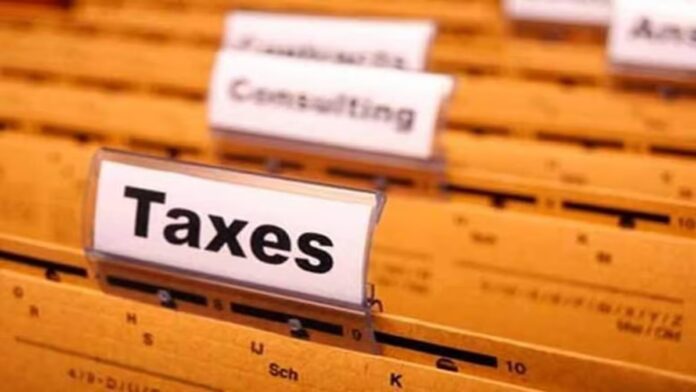– By Abhishek Mundada
As we bring down the curtains for 2024, India witnessed several major tax reforms in the year with an aim to stimulate economic growth, create employment opportunities and enhance the ease of doing business. While these reforms underscored the Government’s objective, among other things, to simplify tax structure, reduce compliance burdens, and resolve tax disputes, it had a sweet-bitter impact on Indian businesses.
Key Tax Reforms in 2024
Also Read 5 tax planning actions you must take before year-end! Curb subsidies to build critical infrastructure, RBI tells states Reflecting on a decade of Make in India: Achievements, challenges, and the road ahead Tax hit to top Indian firms from new Swiss rule
Angel Tax – Angel tax was seen as one of the biggest bottlenecks on fundraising at a premium valuation, especially impacting the start-up ecosystem, and created uncertainty in investor communities. With the abolition, Indian businesses witnessed greater flexibility in fundraising without any concern to justify the pricing, which has boosted the prospects of ease of doing business.
Also ReadTrump tariffs to define global trade in 2025, India has fingers crossed
Capital Gains Tax – The capital gains tax rates across different asset classes have been standardised, with STCG taxable at 20% and LTCG taxable at 12.5% without indexation benefit. This has led to simplification of computing capital gains as compared to a complex working across different asset classes. While taxpayers in certain cases felt the pinch of withdrawal of indexation benefit, huge relief has been provided to individuals / HUF by retaining indexation benefit on immovable properties acquired before 23 July 2024, where the impact would have otherwise been very significant.
Buy-back – The Union Budget (wef 1st October 2024) abolished tax on buy-back of shares (i.e. 20%) and brought it at par with taxability of dividends (normal/slab rates). One has witnessed record buy-back being undertaken prior to 30 September 2024, especially by promoters of private companies. While both are means of rewarding the shareholders, the underlying objective of the buy-back and dividend is different, which merits differential tax treatment for maintaining the attractiveness of both. The tax treatment of buy-back as dividends would make buy-back less lucrative in future.
International Tax – The withdrawal of 2% equalisation levy on e-commerce transactions with foreign players has been a welcome decision.
» Read More


